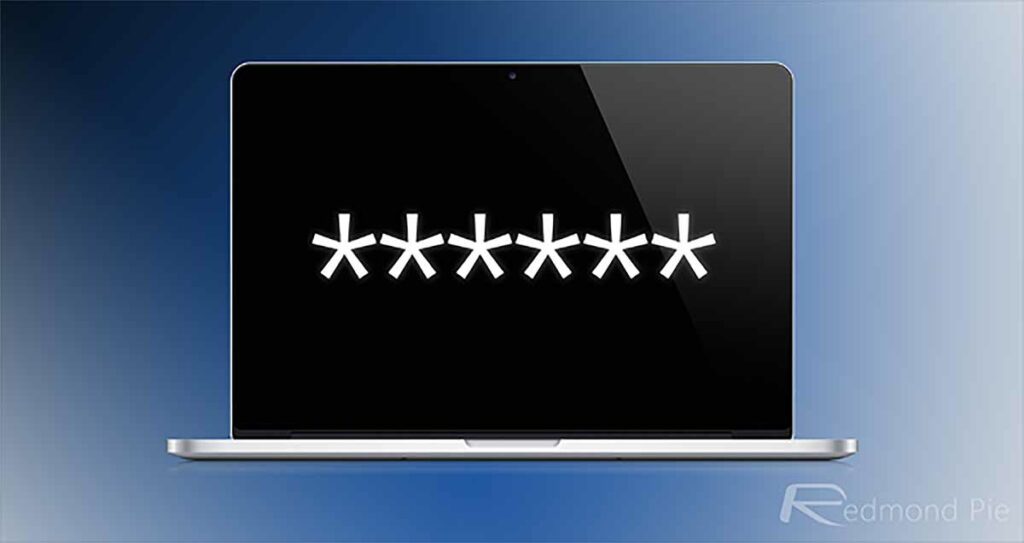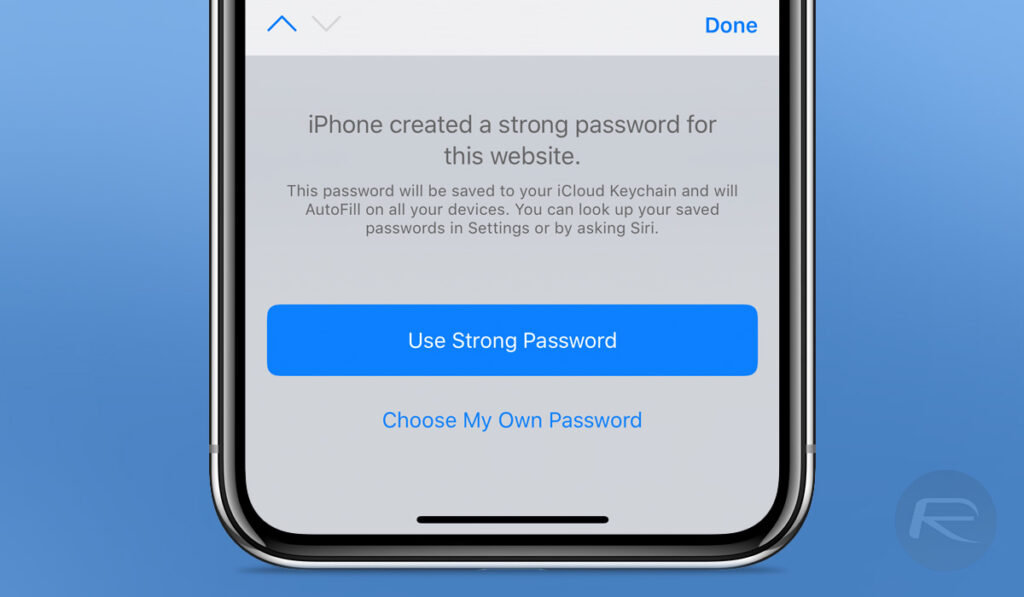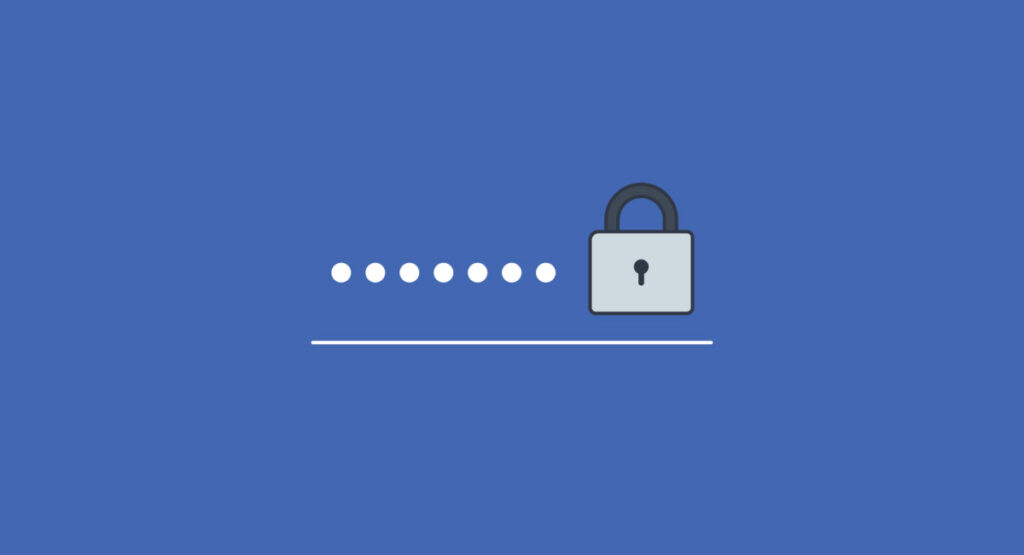In the digital age, passwords serve as the primary line of defense against unauthorized access to our personal and sensitive information. As technology advances, so do the tactics of cybercriminals, making it crucial for individuals to adopt robust password practices.
This article delves into the intricacies of password security, exploring strategies to enhance protection, deciphering common mistakes, and shedding light on user habits. Understanding these aspects is pivotal in fortifying our online presence.

Strategies/Tips for Improving Password Security:
Enhancing password security begins with adopting strong and unique passwords. ExpressVPN’s research on passwords highlights that a staggering number of individuals still use easily guessable passwords like “123” or pet names. To counter this, users should employ a mix of uppercase and lowercase letters, numbers, and special characters. Avoid using easily guessable information such as birthdays or names, and opt for longer passwords to enhance complexity.
Reasons Behind Common Password Mistakes:
Convenience often trumps security. Many users fall into the trap of using simple passwords due to the challenge of remembering complex ones. Additionally, the tendency to reuse passwords across multiple platforms increases vulnerability. Educating users about the risks associated with these habits is essential for fostering a security-conscious mindset.
Password Habits:
Surprisingly, a significant portion of users rarely update their passwords. Regularly changing passwords helps mitigate the risk of unauthorized access. Additionally, a considerable number of people share their passwords with others, unknowingly compromising their security. Raising awareness about these habits is crucial in fostering a culture of security consciousness.
Creating a Stronger Password:
Crafting a robust password involves a thoughtful combination of complexity and uniqueness. Passphrases—longer combinations of words or phrases—are an effective strategy. These are easier to remember while providing enhanced security. Avoiding easily guessable patterns and incorporating randomness into passwords will go a long way.
Importance of Password Managers and Two-Factor Authentication:

Password managers alleviate the burden of memorizing multiple complex passwords by securely storing them. Additionally, 2FA adds an extra layer of security, requiring users to verify their identity through a secondary method, such as a code sent to their mobile device.
Importance of Strong Passwords:

Weak passwords are akin to leaving the front door of our digital lives wide open to cyber threats. Whether for personal emails, social media, or online banking, using strong passwords is non-negotiable in today’s interconnected world.
Conclusion:
In conclusion, mastering password security is an ongoing process that requires individuals to be proactive and informed. By heeding the insights provided in this article, users can strengthen their defenses against cyber threats. Employing strong and unique passwords, avoiding common mistakes, and embracing additional layers of protection like password managers and 2FA are essential steps in ensuring a secure online experience. As we navigate the digital landscape, prioritizing password security is paramount for safeguarding our digital identities.
You may also like to check out:
- Jailbreak iOS 17.2 On iPhone Or iPad Status [Latest Update]
- Download: iOS 17.2 Final IPSW Links, OTA Update For iPhone, iPad Released
- How To Fix Bad iOS 17 Battery Life Drain [Guide]
You can follow us on Twitter, or Instagram, and even like our Facebook page to keep yourself updated on all the latest from Microsoft, Google, Apple, and the Web.

